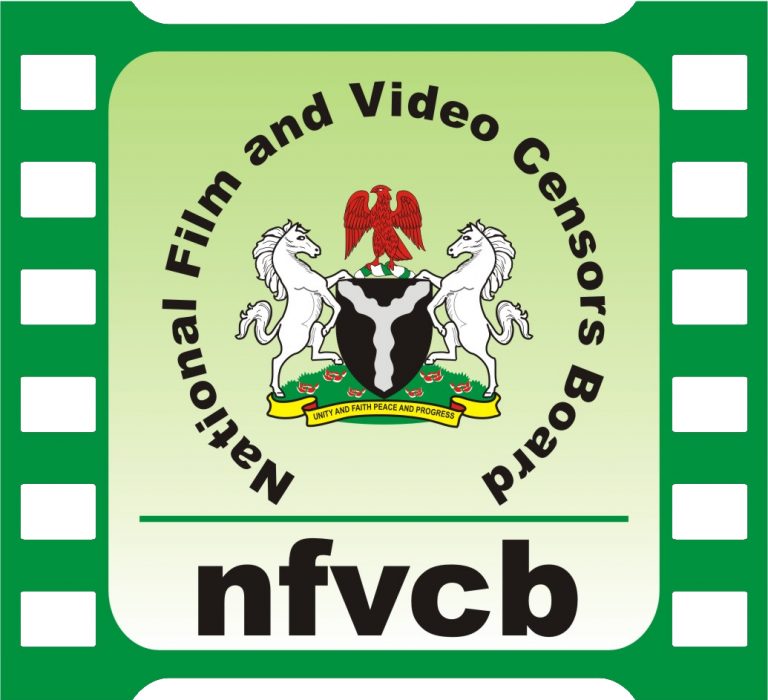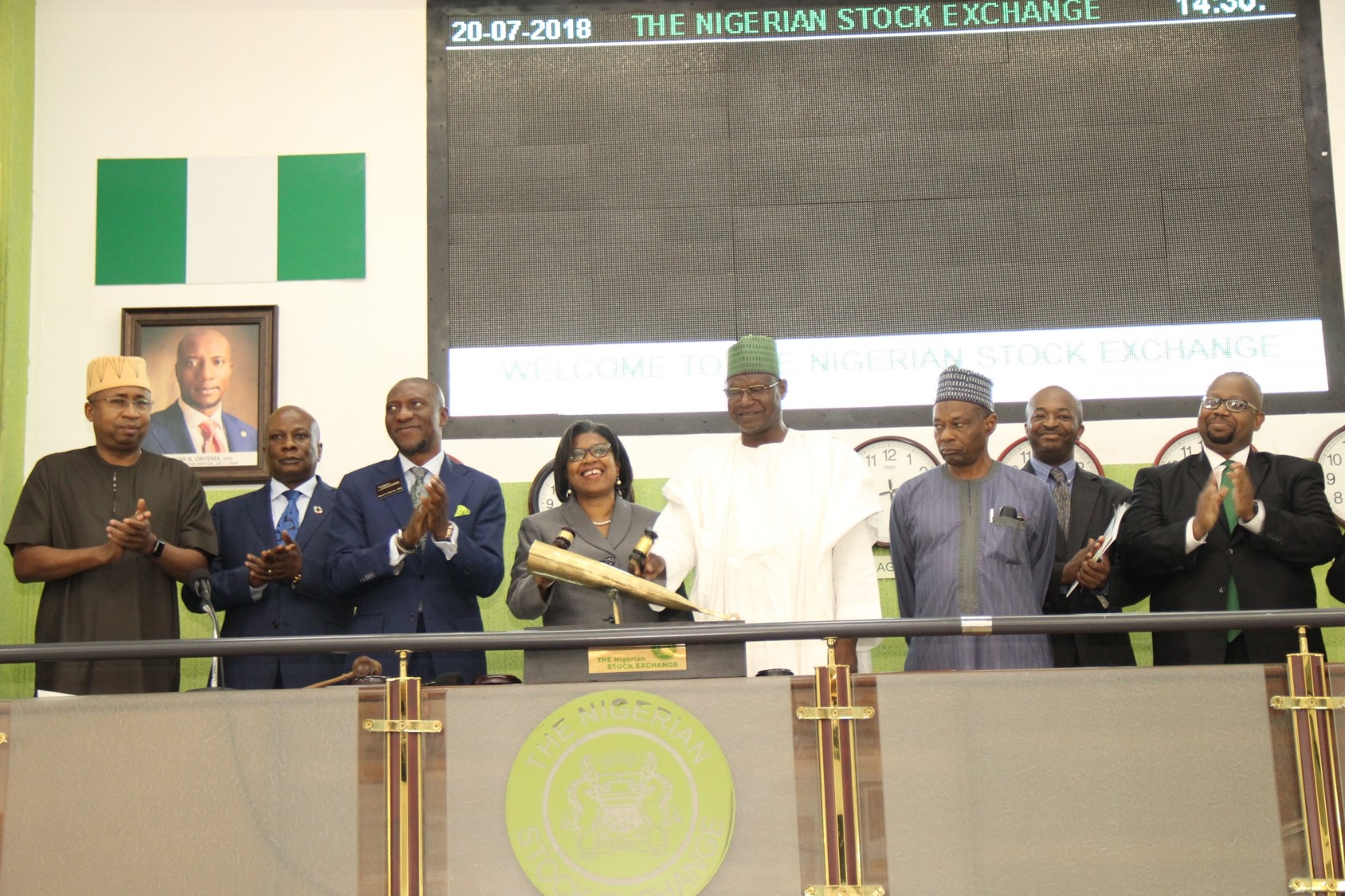CBN Unveils Guidelines For Creative Industry Funding, Devotes N22.9bn From AGSMEIS

The Central Bank of Nigeria (CBN) says it plans to fund the Creative Industry Financing Initiative (CIFI) with seed money of N22.9bn from the Agric-Business Small and Medium Enterprises Investment Scheme (AGSMEIS), an initiative of the Bankers’ Committee.
Nigeria’s creative industry reportedly accounts for 2.3%, approximately N239bn of its GDP in 2016, even as experts say the sector can perform better given the country’s rich resources.
According to an accompanying circular to all deposit money banks in the country, signed by Joseph M. Gana, for its director, Financial Policy and Regulation Department, the CBN said the initiative is “to improve access to long-term low-cost financing for entrepreneurs and investors in the nation’s creative and information technology subsectors, as part of efforts to boost job creation in Nigeria, particularly among the youth.”
The initiative is also expected to harness the entrepreneurial potentials of youth within the country’s creative and IT sub-sector for economic development while complementing other development finance initiatives of the CBN to accelerate financial inclusion.
The initiative is for existing enterprises in the creative industry, start-ups engaged in the creative industry and students of higher institutions engaged in software developments.
According to modalities for the funding published on the CBN website at the weekend, information technology is billed to take the lion’s share of N5.5bn; followed by N5.4bn for music; while N4.0bn each is earmarked for movie distribution and fashion. The remaining N3bn is for movie production, which is disaggregated into N1.5bn each for movie production and equipment financing; just as N1bn is voted for student software development loan.
While the software development and movie loan components of the initiative will enjoy 9% (all inclusive) like all CBN interventions, the student software development loan, movie production, and distribution components will have single obligor limits of N3m, N50m, and N500m respectively. Student software development loans under the initiative are to have three-year tenor, 9-month moratorium from the date of the loan disbursement and monthly repayment schedule, just as movie production and distribution loans will enjoy 10-year tenor and 24-month moratorium, with a quarterly repayment plan.
As security for the loans, obligors (beneficiaries) minimum equity contribution for student software loan is zero, a university degree certificate, NYSC certificate, credible guarantor and personal guarantee. For the other two, minimum equity is 30%, in addition to the legal mortgage, all asset debenture, and personal guarantee, in addition to a credible guarantor for movie production loans.
In addition, software development loans require that the beneficiary gains admission into a training organization that has job placement contracts with a preference for areas with low IT penetration, just as he/she should have no bad credit history with Credit Risk Management System or any commercial banks in Nigeria. While movie production distribution loans do not require admission into training organization, they must, however, have a minimum of three years of relevant experience, just as there should be a preference for areas with low cinema penetration.
The funding structure, according to the CBN guideline, is such that the software facilities will be granted as 100 term loans by the banks, while the other two will be 70% term loans given that the beneficiaries will have 30% equity contributions.
Loan disbursement will be in phases according to agreed milestones, just as repayments of the software loans will be from proceeds of software sale or patent usage. The movie production and distribution loans are to be repaid “from the proceeds of movie tickets at the box office and other channels of distribution.”
For fashion, IT and music producers, equipment purchase and rental/service fees, with an interest rate of 9% and 10-year tenor, while moratorium will be 36 months after the date of loan disbursement.
Repayment is quarterly, just as minimum equity contribution is 20% across the board, with security such as mortgage debenture, legal mortgage, and a lien on stock of trade and items of equipment. They must also have at least three referrals from recognized sponsors or bodies or associations; minimum three-year relevant experience and must not have a bad credit history with CRMS or any commercial bank in the country.
Funding will be 80% from the banks as term loans, with disbursement in phases, according to the agreed milestones and repayment from proceeds of the business, sale/income from services provided and music record sale or shows.
To participate in the initiative, the CBN requires prospective applicants to approach any of their banks with a business plan or statement detailing how much is needed for his her business proposal. The bank will provide the applicant with the documentation requirements for accessing any of the loans and shall be as acceptable by the respective bank for credit requests by its customers.
The bank is to carry out due diligence of the application and documentation submitted, after which successful applicants are issued offer letters, which shall be accompanied with repayment schedules in accordance with the business dynamics.
“The successful applicants shall accept the offer, as well as meeting all conditions specified in the offer letter precedent to draw down,” after which the bank forwards successful applications with copies of the offer letter to the Director, Development Finance Department of the CBN for consideration and release of aggregate facility amount to the bank for on-lending to successful applicants.
The banks, which will bear the credit risk and be responsible for monitoring performance of the facility, are also expected to disburse funds under the initiative to successful applicants with 10 days of receiving funds from the CBN.
Regular joint monitoring and evaluation of financed projects shall be by the CBN and respective participating financial institutions, while reports of the exercise shall be submitted to the Director of CBN DFD.
Also, while infractions and penalties shall be as specified in the AGSMEIS Guidelines, whenever a loan is repaid or the facility is otherwise discontinued, the PFIs shall advise the CBN immediately, giving particulars of the credit facility.
Any outstanding amounts under the facility are to be refunded to the AGSMEIS Fund Account within seven days of discontinuation.






